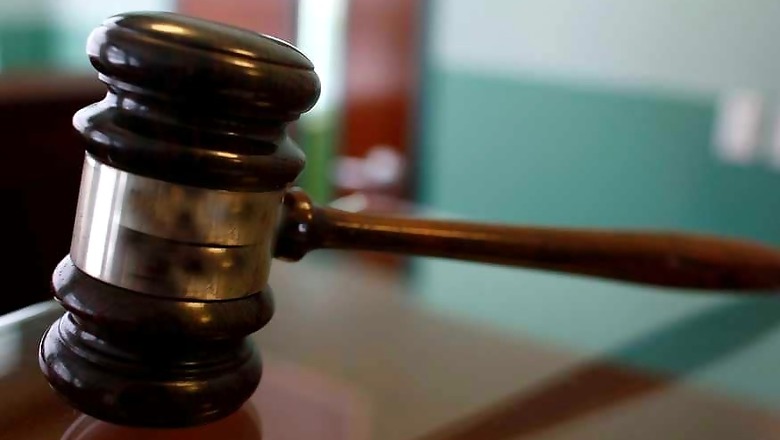
views
New Delhi: Former Lok Sabha General Secretary P D T Achary on Sunday said that the anti-defection law should stipulate that assembly speakers take decisions on the membership of defecting MLAs within six months.
His remark came amid the ongoing debate on the efficacy of the anti-defection law following the political developments entailing the government formation in Maharashtra.
An expert in constitutional law, Achary said, Defection will continue to happen as long as there is a political system."
"The problem is with the compliance of the provisions of the anti-defection law, he said.
There have been past instances when the speakers did not take decisions in such cases for three years, and sometimes throughout their tenure, Achary said.
In issues involving anti-defection law, a maximum limit of six months should be fixed for the speaker to take decision over the disqualification of an MLA, he emphasised.
Asked how the anti-defection law should be enforced in political circumstances like those in Maharashtra, Achary told PTI that it mentions certain grounds for the disqualification of MLAs who defect to other parties.
There is also a provision for merger of a party into another, provided that a total of two-third MLAs of the party decides to go ahead with the merger, he said.
In Maharashtra, Nationalist Congress Party (NCP) leader Ajit Pawar formed a government with the BJP going against his party's position. Hence, there is a case under provisions of the anti-defection law as NCP's whip will apply on Pawar and other MLAs of the party, Achary said.
The former Lok Sabha secretary general said even if two-third of the party MLAs were supporting Ajit Pawar, the provisions of the anti-defection law will apply.
Quoting the provisions of paragraph four of the tenth schedule of the Constitution, Achary said the anti-defection law will be applicable, unless there is a formal merger of a party with another with explicit consent of the two-third of its MLAs.
Achary said the assembly speaker can disqualify an MLA from the House if the person leaves his party not by his will but on directions of another party.




















Comments
0 comment